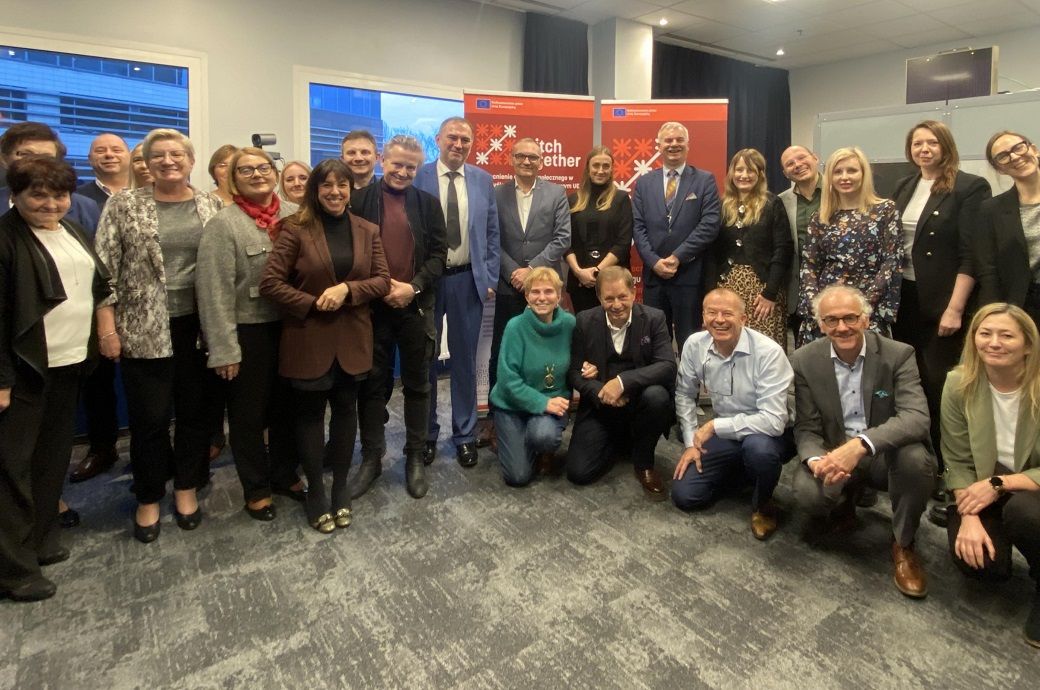On 6 December 2024, social partners from the Polish textiles industry adopted the Warsaw Declaration, a joint commitment to work on the competitiveness of their industry. The declaration is the outcome of a 2 day meeting, organised under the EU co-funded StitchTogether project, which aims at promoting social partnerships in the European Textiles and Clothing Industry. The meeting in Warsaw brought together representatives of the Polish textile industry, including employer associations, trade unions, education institutes and the government to discuss the future of the industry.
Polish textile industry social partners adopted the Warsaw Declaration, committing to competitiveness and a green, digital transition.
Under the EU-backed StitchTogether project, the meeting united employers, unions, and the government to secure decent jobs and sector resilience.
Leaders urge government support for a skilled workforce and a Just Transition in industrial policy.
Poland has a long and proud tradition in textiles and clothing manufacturing, with 130,000 people employed in the sector, and 20,000 companies of which the vast majority are SMEs. But the sector is struggling due to tough global competition and price pressures. In this context, the Polish textile and clothing social partners are united in ensuring the sector can successful face the digital and green transition, while remaining competitive and resilient, with decent jobs for all.
The Warsaw Declaration includes a series of priorities, confirming social partners’ commitment in working together, but asking support of the Polish government to upgrade industrial strategies, making the textile industry more attractive with a qualified and trained workforce.
“In times of transition social dialogue is more vital than ever, employers and trade unions need to work together to anticipate the change and prepare for the future in this case to more sustainable textiles and clothing production in Poland. It is essential that the transition is a Just Transition that leaves no worker behind, and we want the transition to safeguard jobs in the sector and create new jobs, which must be decent jobs with decent pay. The transition requires support and we call on the Polish government to work with the social partners for a new sectoral industrial policy to support the sector and good industrial jobs.’’ Says Judith Kirton-Darling, IndustriAll Europe’s general secretary.
Dirk Vantyghem, EURATEX director general, stressed that “the incoming Polish presidency of the EU is a unique opportunity to shape a Clean Industrial Deal that will strengthen the competitiveness of our companies. As our Polish textile companies clearly expressed during the event, they want to see changes on the energy costs and fair competition, instead of adding new regulations.”
Note: The headline, insights, and image of this press release may have been refined by the Fibre2Fashion staff; the rest of the content remains unchanged.
Fibre2Fashion News Desk (HU)


